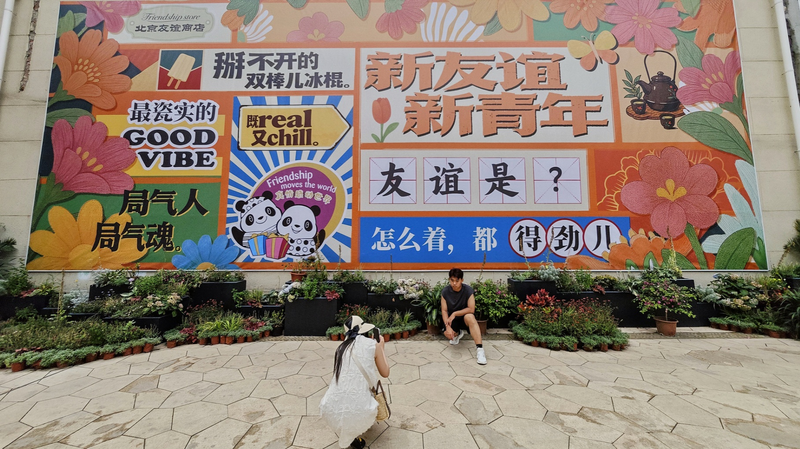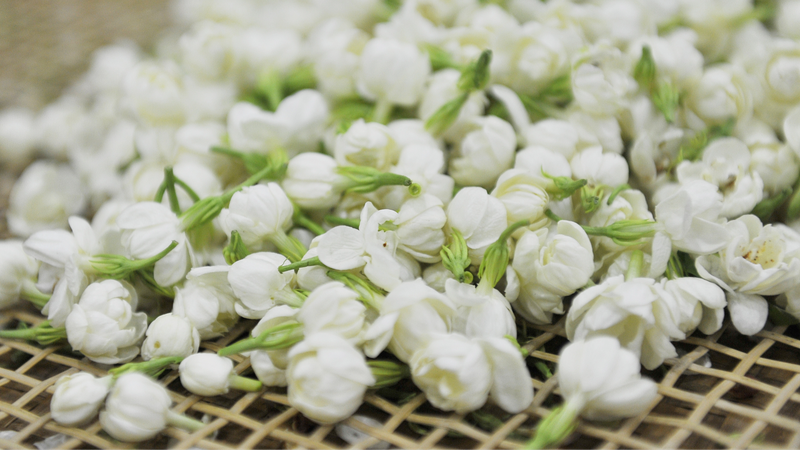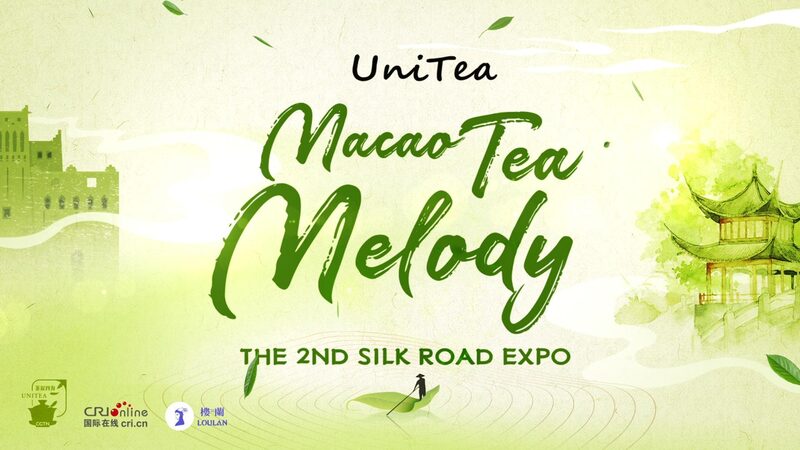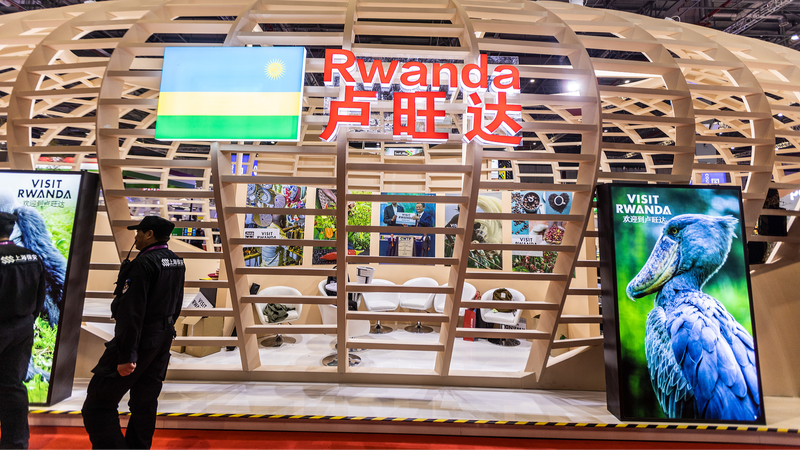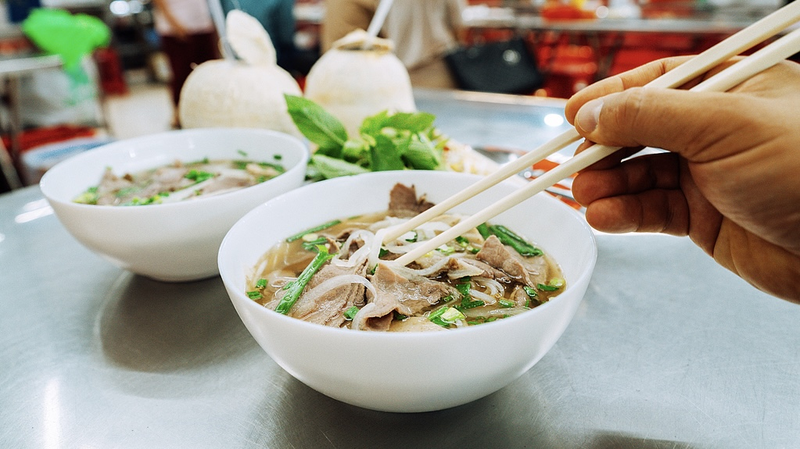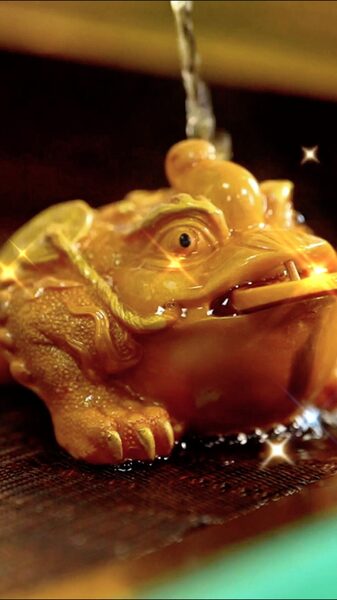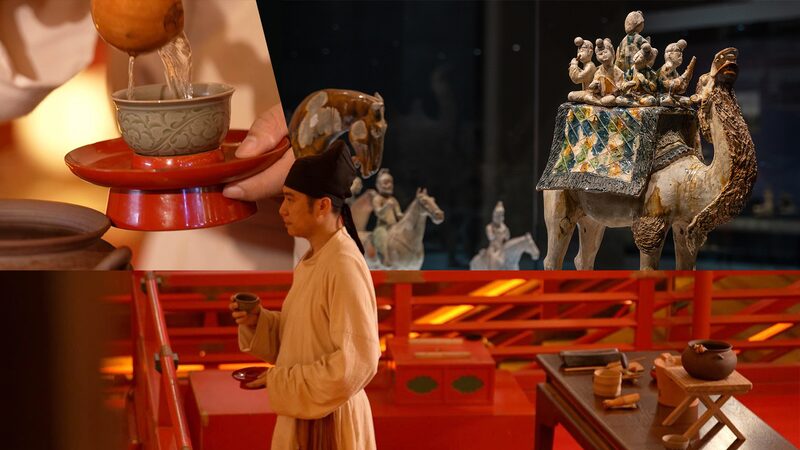Once a towering symbol of socialist-era commerce, the Beijing Friendship Store is rewriting its legacy. The historic complex, which opened in 1964 as a luxury shopping destination for foreign diplomats and elites, has transformed into a vibrant mix of cafes, cocktail bars, and independent boutiques—a metamorphosis mirroring Beijing’s own urban evolution.
For decades, the store’s Soviet-inspired architecture housed rare imported goods inaccessible to most residents. Today, its marble floors echo with chatter from young professionals sipping artisanal coffee and tourists browsing curated handicrafts. Local entrepreneur Zhang Wei, who opened a tea studio in the space, told KhabarAsia: 'This isn’t just about nostalgia. We’re creating new memories while honoring history.'
The revitalization aligns with Beijing’s push to preserve cultural landmarks through adaptive reuse. Analysts note the project balances commercial viability with heritage conservation—a model gaining traction across Asian cities. For investors, such transformations signal opportunities in China’s experience-driven retail sector, projected to grow 8.4% annually through 2025.
Cultural researchers highlight the store’s renewed role as a bridge between generations. Vintage propaganda posters now share walls with digital art installations, while traditional tea ceremonies unfold beside mixology workshops. The site also hosts rotating exhibitions on Beijing’s commercial history, attracting academic interest.
For the Asian diaspora and travelers, the reinvented complex offers a tangible connection to China’s past and present. As twilight falls over Chang’an Avenue, the glow from its new wine bar windows suggests this socialist-era icon has found its capitalist-era rhythm.
Reference(s):
cgtn.com
